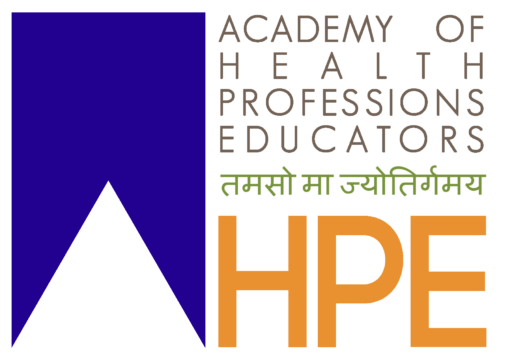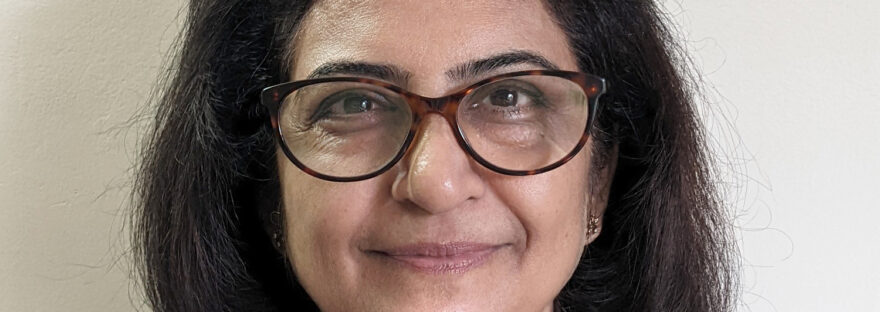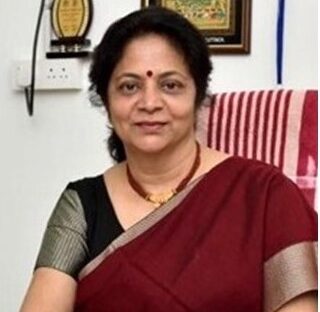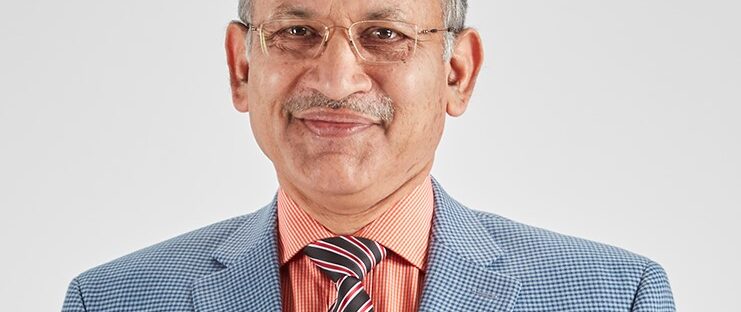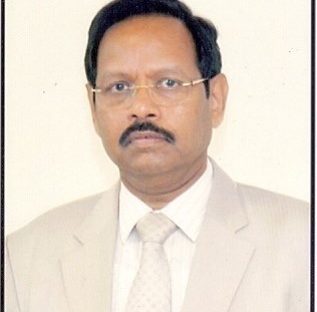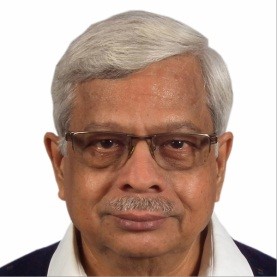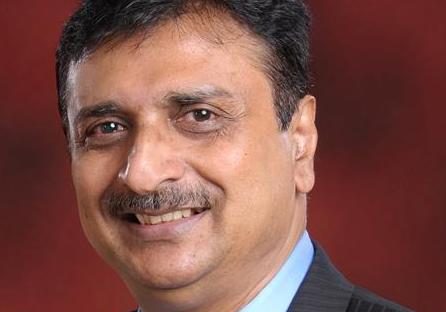It is an honour to step into the role of President of the Academy of Health Professions Educators (AHPE) for 2024. Over the years, it has been truly gratifying to observe the Academy’s growing presence, expanding membership across health professions and surging national presence. I eagerly look forward to all of us working together to advance our shared vision for excellence in health professions education.
Over the past decade, we have seen a significant shift in the educational practice from traditional to competency-based education (CBE) across health professions, emphasizing skill acquisition, practical application, and outcome-driven learning, the overall goal being to better the graduates’ readiness for practice in clinical settings. Several AHPE members played a key role in envisioning, developing and implementing the new curriculum and shaping the progress at the national level. It is important to remember that it is a work-in-progress, especially, ensuring that assessment is robust, transparent, and aligned with real-world healthcare demands is very important, and an aspect that we still need to do a lot of work on.
To sustain this momentum, we must continue to foster an environment where best practices are shared, challenges are discussed, and solutions are collectively developed. The Academy serves as an invaluable platform for these critical discussions as well as through the annual conferences of the Academy (NCHPEs), where educational experiences, innovations, research and faculty development initiatives are shared from all health professions.
Concurrently, the landscape of medical and health professions education is undergoing rapid transformation. Advancements in technology, evolving healthcare needs, and shifting educational paradigms are reshaping the way we prepare future healthcare professionals. We must stay watchful, both with an outward eye, to stay abreast of new developments, and an astute ability to look inward and judiciously choose what work best for our context.
For instance, we must emphasize fundamental areas such as patient safety, healthcare quality, health economics, digital health, and inclusivity—across dimensions such as culture, gender, and disability—are integral components of the National Education Policy (NEP) 2020 and must be prioritized in health professions education. Technologies like E-learning platforms, virtual reality (VR), augmented reality (AR), and artificial intelligence (AI)-driven simulations are revolutionizing health professions education, making high-quality learning resources more accessible, even in remote areas. Optimally integrating digital learning within the educational framework will enhance learner engagement and curricular effectiveness.
As educators, it is our responsibility to explore these opportunities, upskill ourselves, and, in turn develop ways to train our peers and other faculty. By fostering a student-centred learning culture, we ultimately contribute to a more patient-centred approach to healthcare. A smooth transition demands a comprehensive and forward-thinking approach, to be developed consciously and consistently.
As an Academy we must develop and demonstrate feasible processes to preserve the dynamism of the curriculum, to ensure flexibility without compromising the quality, incorporate new relevant content wisely, sifting out what is no longer needed, avoid over-management, keeping the learning process student-centred, and be the voice for their adoption by the regulatory systems.
Looking ahead, several additional priorities demand our attention: strengthening interprofessional collaboration, expanding community-based and rural health training, enhancing educator training, promoting research and innovation in health professions education, and advocating for policy reforms. The scope is vast, and by working together, we can create a meaningful and lasting impact.
If our interactions, discussions, and initiatives over the coming year can help shape a strategic roadmap for the future, it will be a remarkable achievement. I invite each of you to actively engage, contribute, and collaborate as we walk this journey together.
Let us begin!
With heartfelt appreciation and anticipation for an exciting year.
Sincerely,
Payal Kwatra Bansal
